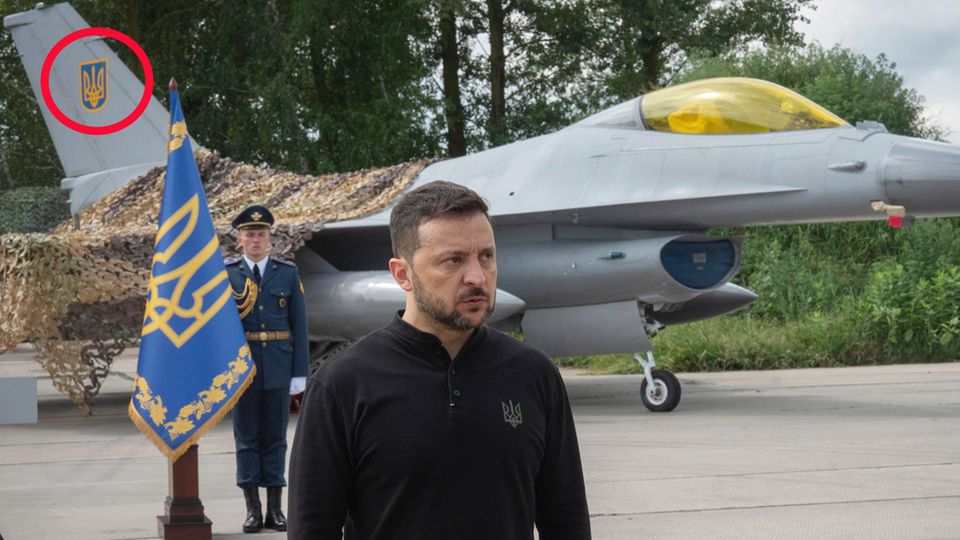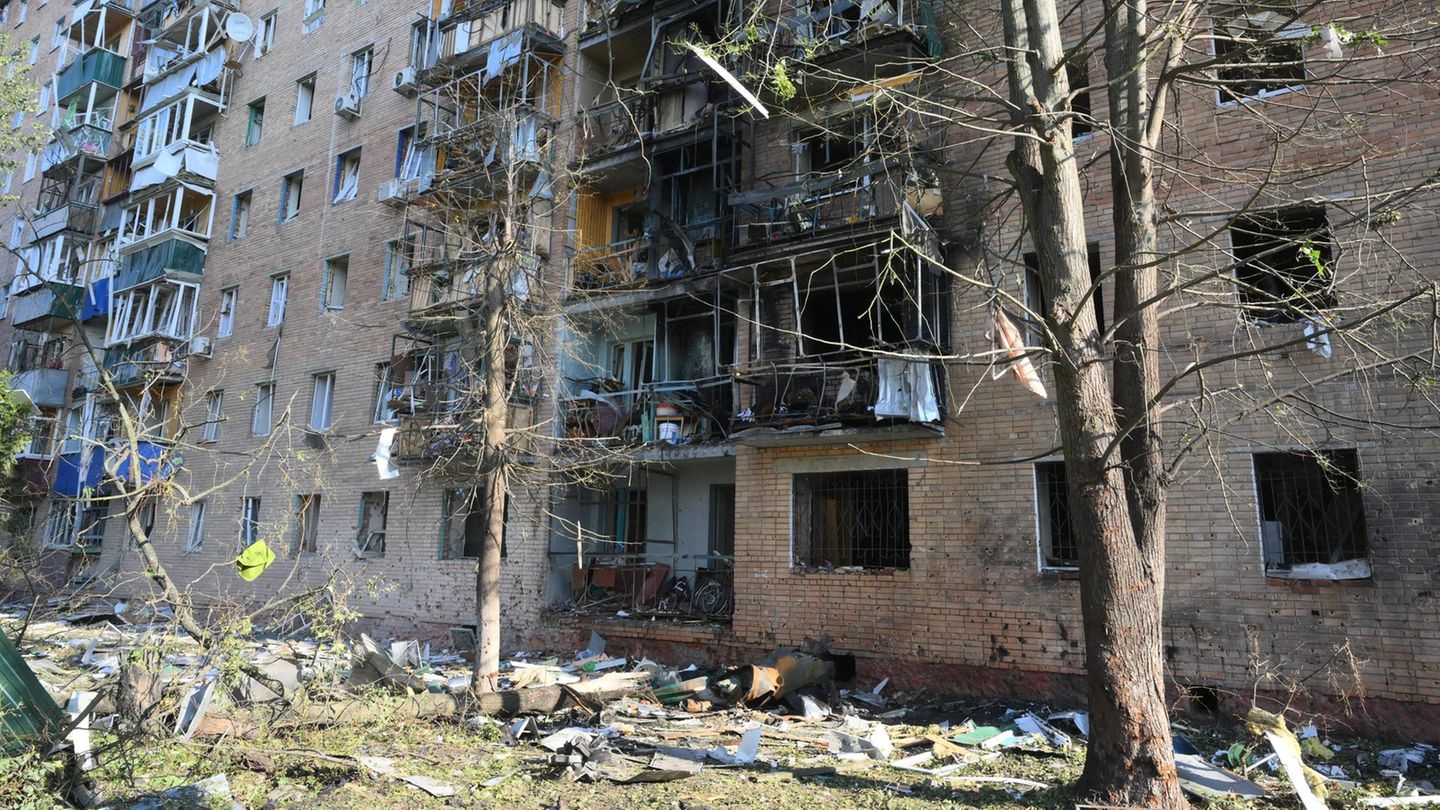With its advance in Kursk, Ukraine claims to have captured a thousand square kilometers of Russia. But what do German politicians say about this? And is Ukraine using German weapons? Answers to the most important questions.
In its defensive battle against the Russian war of aggression, Ukraine sent troops into Russian territory for the first time last week. The surprise attack on the Kursk region, which is still ongoing, makes the leadership in Moscow appear weak. But it also carries the risk of escalation. Germany is one of Ukraine’s most important supporters. Questions and answers about how Germany views Kiev’s advance.
How do German politicians assess the advance into Russian territory?
The Chancellor and his ministers have so far refrained from commenting. In Berlin, deputy government spokesman Wolfgang Büchner made it clear that the Ukrainian offensive was a “very secret operation prepared without any feedback,” and thus clearly carried out without coordination.
SPD leader Lars Klingbeil made it clear in the ARD summer interview that Ukraine has international law on its side: “Of course, a state that is attacked has the right to defend itself. This also means that one has the right under international law, as long as one adheres to all the rules, to enter Russian territory.”
Will German weapons be used in the advance to Kursk?
Reports of this have so far remained unconfirmed. For a long time there was no concrete answer to the militarily important question of whether Ukraine can also attack Russian targets across the border and staging areas with the weapons provided by Germany. On May 31, government spokesman Steffen Hebestreit announced a change of course. Russia had prepared, coordinated and carried out attacks, particularly in the Kharkiv area, from positions in the immediately adjacent Russian border area.
HIMARS, Leopard 2 and Co.
Which country supplies which weapons to Ukraine?
“We are jointly convinced that Ukraine has the right, guaranteed under international law, to defend itself against these attacks,” Hebestreit wrote at the time. And: “This is about the liberation of Ukrainian territory and we have agreed with Ukraine that the weapons we supply will be used for this purpose in accordance with international law.”
So can Ukraine use the material supplied from Germany, such as tanks and howitzers, on Russian territory?
The German government usually attaches a so-called end-use clause to the export of war weapons, which prohibits transfer or requires Germany’s consent. This is usually not linked to a restriction on use, although political agreements can be made beyond the scope of the contract.
A spokesman for the Ministry of Defense made it clear on Monday who now has the authority to act with regard to the weapons transferred from the Bundeswehr’s stocks: “These are Ukrainian weapons,” he said. At the same time, he stressed that only international law defines the limits of use. This allows a state that is defending itself to also defend itself on the territory of the attacker. The spokesman continued: “There are no additional requirements for the use of weapons, at least as far as transfers from the Bundeswehr’s stocks are concerned, which have been issued there and which would have to be observed. There are no obstacles whatsoever and Ukraine is free to choose its options.”
What weapons did Germany supply?
Germany has recently concentrated on air defense systems and the delivery of artillery ammunition. However, weapons have also been delivered to strengthen offensive capabilities. The federal government’s list includes 58 Leopard 1 and 18 Leopard 2 battle tanks, 120 Marder infantry fighting vehicles, as well as rocket launchers, mine-clearing tanks and bridge-laying tanks.
Germany’s arming of Ukraine plays a role in East German election campaigns – but can the states actually influence the course of the federal government?

Selenskyj shows first F-16 jets with Ukraine coat of arms
01:36 min
Surveys show that opposition to arms aid for Ukraine is generally greater in the eastern German states than in the west. This is particularly important ahead of the state elections and because of the support for the AfD and BSW, and extends to the top levels of government in the states.
Brandenburg’s Prime Minister Dietmar Woidke (SPD) called on the federal government in the “Tagesspiegel” to do more to promote peace between Russia and Ukraine and to take on a mediating role. Saxony’s Prime Minister Michael Kretschmer (CDU) wants to cut arms aid to Ukraine – also with a view to the budget. Thuringia’s Prime Minister Bodo Ramelow (Left Party) called for a European peace order that includes Russia and a “non-aggression pact” between all participating states.
The demands have no immediate consequences, but they may be a sign that support for Ukraine is eroding and critical voices are growing louder. This will also likely be the case if Ukraine’s advance into Russian territory is repelled.
Source: Stern
I have been working in the news industry for over 6 years, first as a reporter and now as an editor. I have covered politics extensively, and my work has appeared in major newspapers and online news outlets around the world. In addition to my writing, I also contribute regularly to 24 Hours World.




